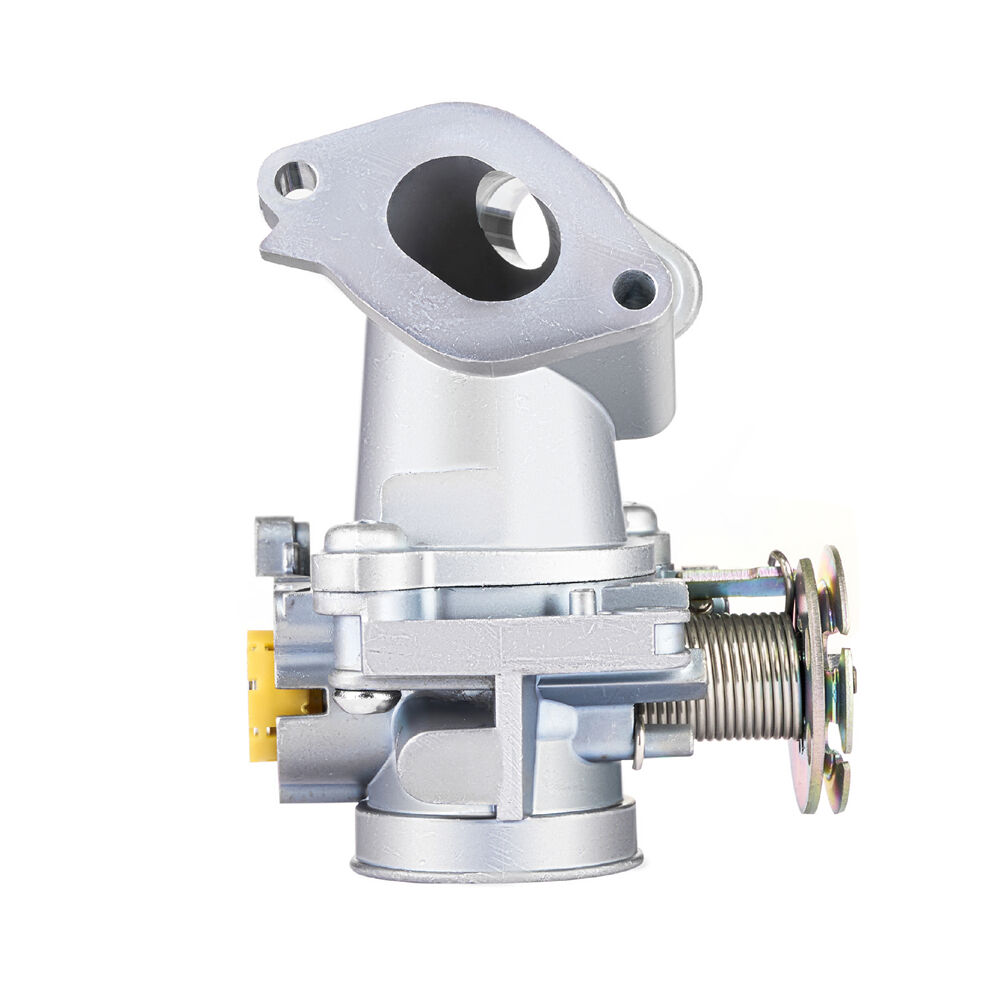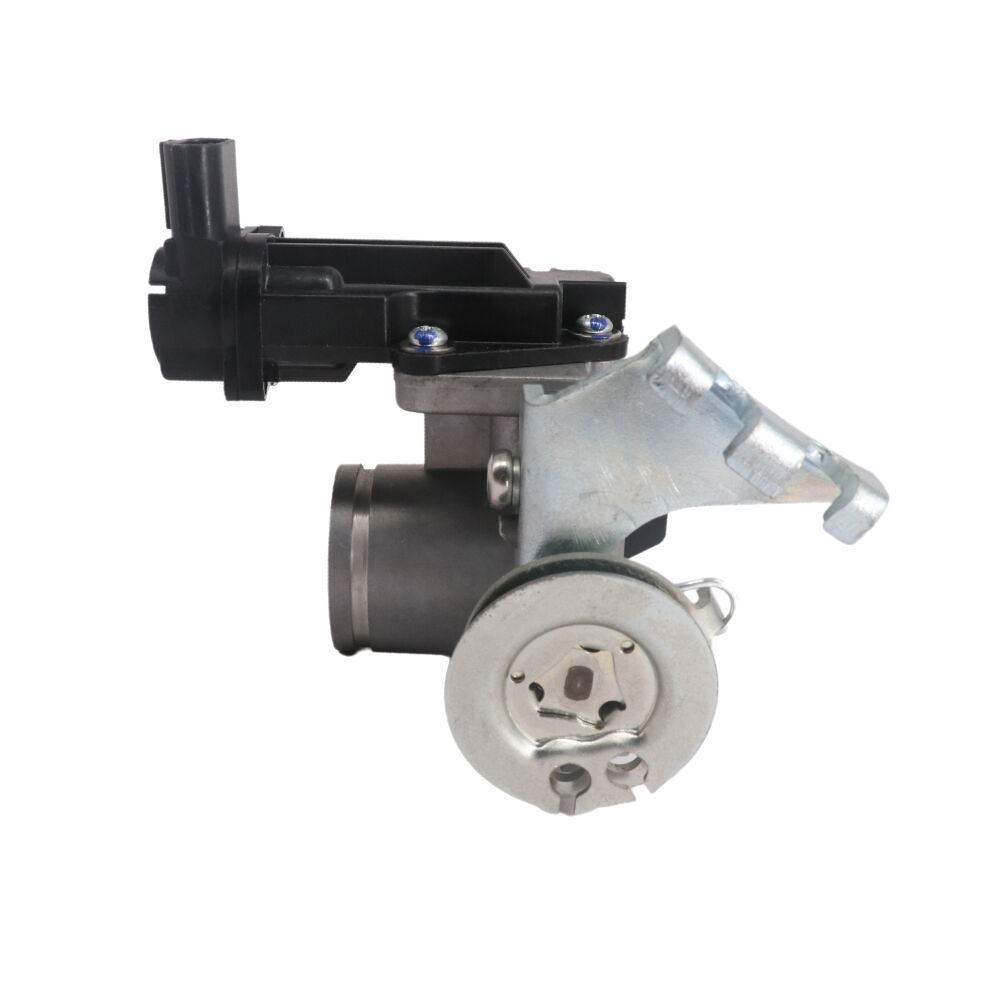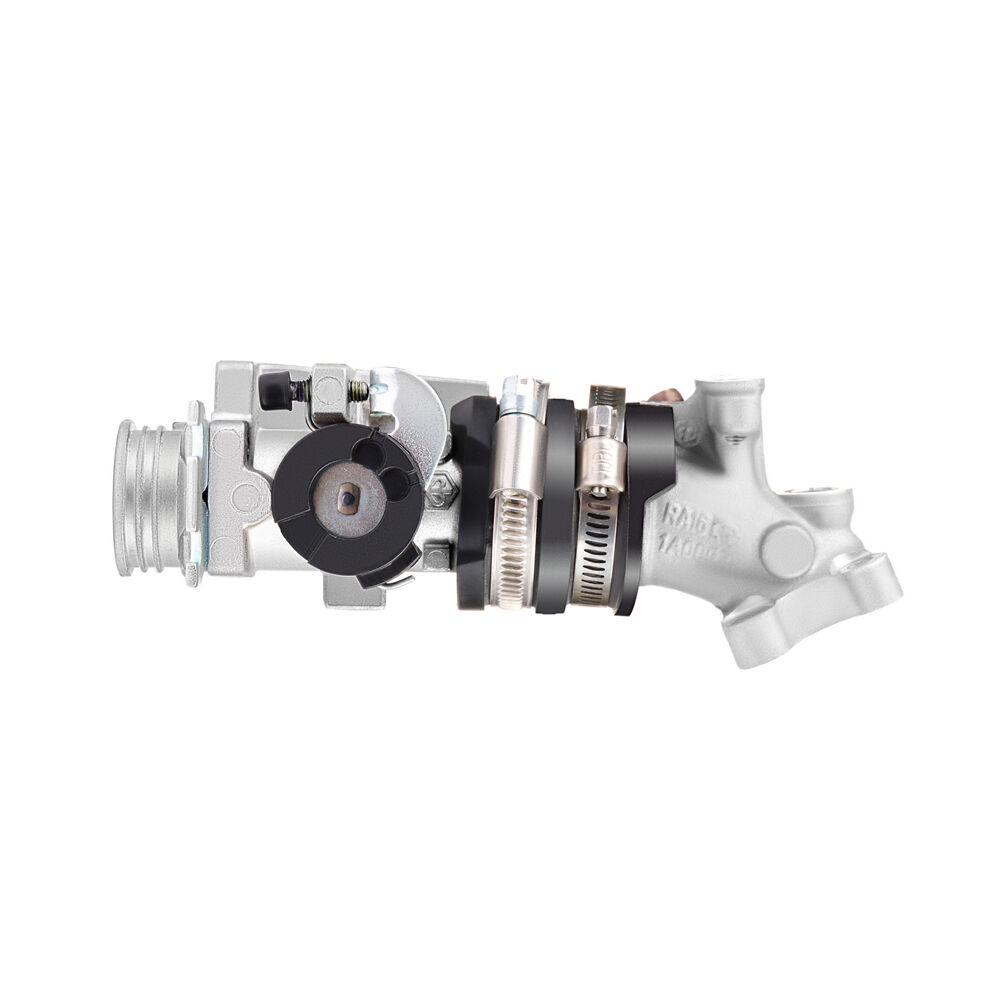vanne papillon électronique
La vanne de papillon électronique représente une avancée significative dans la technologie automobile moderne, jouant un rôle essentiel dans les systèmes de gestion des moteurs. Ce dispositif sophistiqué remplace les commandes mécaniques traditionnelles du papillon par un système contrôlé électroniquement, permettant de réguler avec précision le débit d'air entrant dans le moteur. En son cœur, la vanne de papillon électronique se compose d'un corps de papillon, d'un moteur électrique et de divers capteurs qui travaillent en harmonie pour optimiser les performances du moteur. Le système fonctionne grâce à un réseau complexe de signaux électroniques, l'Unité de Contrôle Moteur (ECU) traitant les données provenant de plusieurs capteurs, notamment celui de la position de la pédale d'accélérateur, afin de déterminer la position optimale du papillon. Ce système intelligent ajuste en permanence l'ouverture du papillon en fonction de paramètres variés tels que la charge du moteur, la vitesse du véhicule et les conditions de conduite. La commande précise assurée par la vanne de papillon électronique permet d'améliorer l'efficacité énergétique, de réduire les émissions et d'offrir une meilleure qualité de conduite. Dans les véhicules modernes, elle joue un rôle fondamental dans des fonctionnalités telles que le régulateur de vitesse, le contrôle de traction et les programmes de stabilité électronique. La technologie a évolué pour intégrer des mécanismes de sécurité et des capacités d'auto-diagnostic, garantissant une opération fiable et sécurisée. Ses applications vont au-delà des automobiles classiques pour inclure les véhicules hybrides, les camions commerciaux et les équipements industriels, ce qui en fait un composant indispensable des systèmes de transmission modernes.


